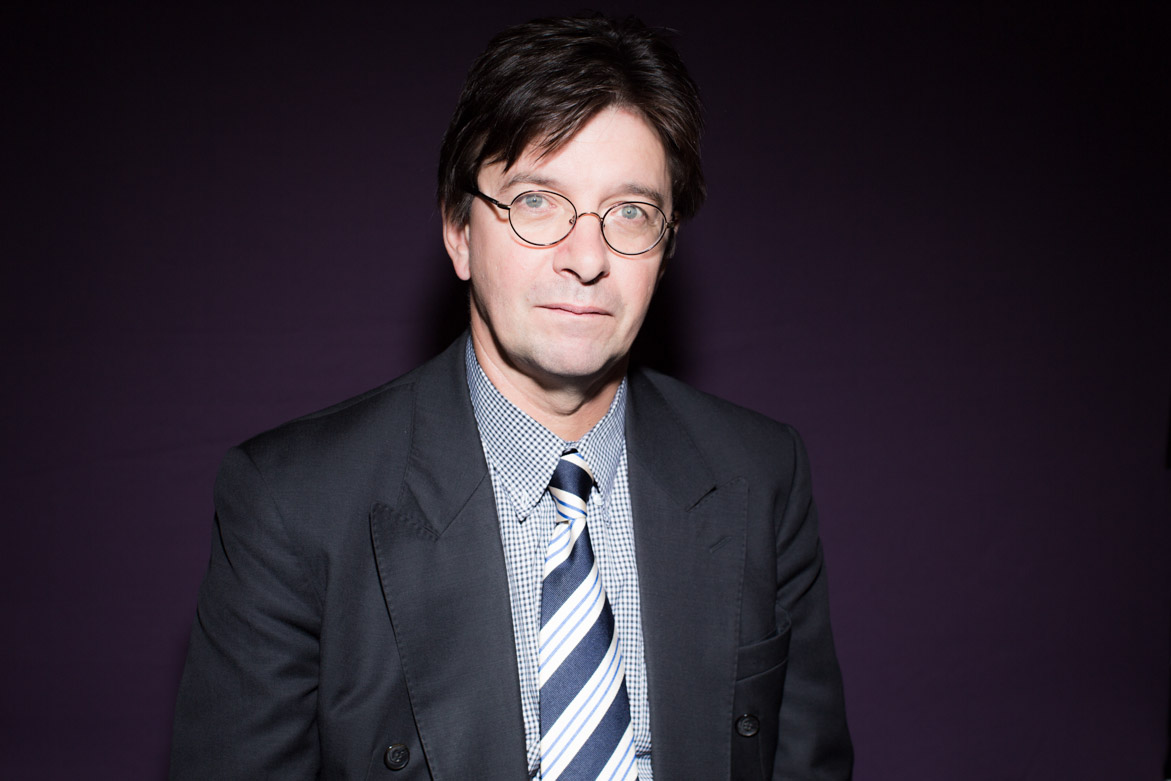What foreign policy for Germany after the end of the Merkel era?

One cannot help but wonder about Germany’s future foreign policy when one considers both the weight of the Federal Republic and the many crises we face internationally.

The new German government will of course build on the legacy of the 16 Merkel years, although it will also have to show its differences from the previous team when the time comes. The record of the Merkel years is mixed. Germany was able to contribute to the management of the political and diplomatic crises of the previous years, but it was largely absent from conflict resolution through the use of arms, putting forward a culture of restraint that was less and less accepted by its partners. At the same time, it has also repeatedly gone it alone when it comes to defending its economic, energy and commercial interests. The coalition agreement, which devotes only a small part to international issues, does not show a clear desire for change, but rather continuity. Except perhaps for the defence of human rights, which could be one of the priorities of the Greens, who are in charge of two key ministries for Germany’s international policy, foreign affairs and the economy.
Hans Stark is Professor of Contemporary German Civilization and Counselor on Franco-German relations at Ifri.
- This publication is available in French: Allemagne d'aujourd'hui, n° 238, octobre-décembre 2021 (pp. 64-73).







